13 Benefits Of Cauliflower, Nutrition, Recipes, & Side Effects
Unlock the goodness of cauliflower, nourish your well-being, and enjoy this delicious vegetable on your plate!
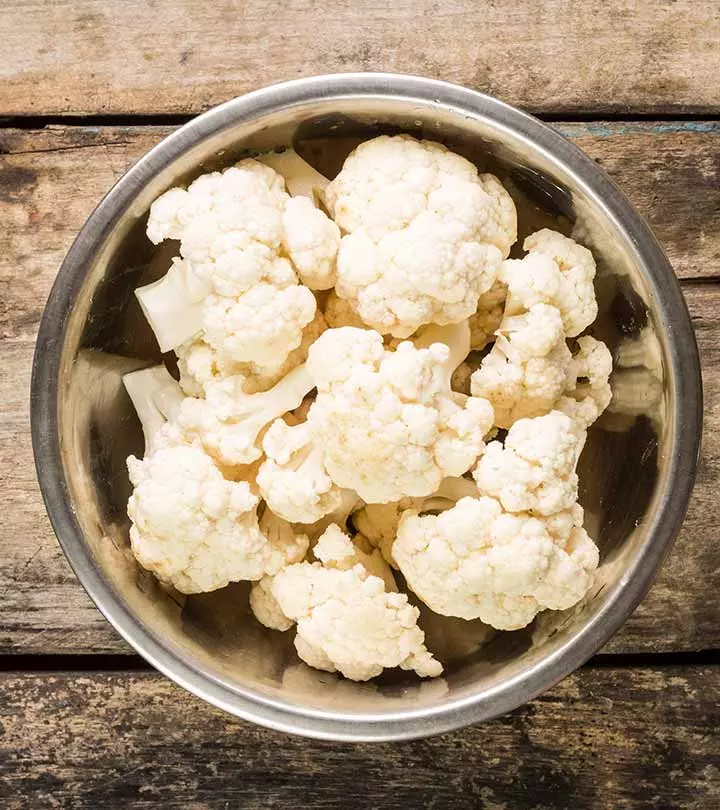
Image: Shutterstock
Cauliflower belongs to the cruciferous vegetable family. This vegetable came from a wild type of cabbage and is now found in many cuisines. The benefits of cauliflower can be attributed to the many vitamin, minerals, and other nutrients found in this vegetable. It is extensively used in Chinese, Indian, French, Turkish, American, and Spanish cuisines. Cauliflower can help improve digestion and boost brain health.

 Trivia
TriviaAnti-inflammatory compounds in the veggie assist in keeping inflammation under control and reduce the risk of inflammatory diseases. This article discusses the benefits of cauliflower, its nutritional profile, easy-to-follow recipes, and any potential side effects. Take a look.
In This Article
How Is Cauliflower Good For You?
One of the most important compounds in cauliflower is sulforaphane, which is known to combat cancer and boost heart health in various ways. And the anti-inflammatory compounds in the veggie keep inflammation in check and prevent related diseases.
Cauliflower is rich in various other vitamins and minerals, which help boost brain health and even offer digestive benefits. Well, there’s more. Keep reading.
What Are The Benefits Of Cauliflower?
1. Fights Cancer

It’s the sulforaphane that does this. The compound kills cancer stem cells, and this slows down tumor growth. This compound in cauliflower was also found to help prevent prostate cancer (1). Cauliflower also contains indoles and isothiocyanates, which can inhibit cancers of the breast, bladder, colon, liver, and lung.
Cruciferous veggies like cauliflowers are also rich in carotenoids and other important nutrients like vitamins C, E, and K. All of these can help fight various forms of cancer (3).
According to GLOBOCAN estimates, in 2018, there were 18.1 million new cancer cases (excluding nonmelanoma skin cancer) and 9.6 million cancer-related deaths (excluding nonmelanoma skin cancer). Lung cancer was the most diagnosed (11.6%) and the leading cause of cancer deaths (18.4%), followed by breast, prostate, and colorectal cancers for incidence, and colorectal, stomach, and liver cancers for mortality. Adding cauliflower to your diet can be an effective way to prevent such conditions.
2. Enhances Heart Health
Cauliflower is rich in fiber, and studies show how a diet rich in fiber can boost heart health (2). The sulforaphane in cauliflower is also known to improve blood pressure levels significantly. The veggie also contains omega-3 fatty acids that regulate cholesterol levels and prevent cardiac disease.
3. Boosts Brain Function
One important nutrient cauliflower is replete with is choline. Choline is a B vitamin that has a role in brain health and development. In fact, intake of choline during pregnancy had super-charged the brains of animals, and this throws light on its ability to boost cognitive function. The choline in the veggie can also prevent age-related memory decline (4). It can even help deal with other nervous disorders like Alzheimer’s.
Did You Know?
China is the largest producer of cauliflowers in the world.
Another essential nutrient in cauliflower is vitamin K, which is known to improve psychomotor behavior.
4. Cauliflower Combats Inflammation
One of the most prominent benefits of cauliflower. Some of the most potent antioxidants in cauliflower are beta-carotene, quercetin, cinnamic acid, and beta-cryptoxanthin. These help reduce oxidative stress in the body and fight inflammation (5).
An important anti-inflammatory compound in cauliflower is indole-3-carbinol, which operates at the genetic level to fight inflammation. And the omega-3 fatty acids in the vegetable also work well to combat inflammatory conditions.
Talking about gout, cauliflower might help, thanks to its anti-inflammatory properties. But on the flip side, it is also moderately rich in purines – and purines might contribute to gout in the first place. Hence, please check with your doctor.
5. Can Aid Weight Loss

The sulforaphane in cauliflower, along with vitamin C and folate, can aid weight loss. In fact, studies show that vitamin C plays a major role in determining the amount of fat burnt during physical activity (6). Cauliflower is also low in carbs and can hence be a safe addition to a weight loss diet.
Also, the fiber in the veggie beats bloat and promotes weight loss by promoting satiety. We also have the omega-3s, which stimulate the secretion of leptin (7). Leptin is a hormone that increases metabolism and helps regulate body weight.
6. Cauliflower Helps Detoxify
Cauliflower is rich in antioxidants that support Phase 1 detoxification (which involves the reduction or hydrolysis of a compound, reducing the toxin into smaller fragments), and its sulfur-containing compounds help carry out Phase 2 detoxification (8). And the glucosinolates in the veggie also activate other detoxification enzymes.
7. Strengthens Bones
A low intake of vitamin K is often linked to an elevated risk of osteoporosis and fractures. But since cauliflower is rich in vitamin K, it can modify the bone matrix proteins and improve calcium absorption – and this boosts overall bone health (9). Vitamin K also prevents the excretion of calcium through urine.
8. Improves Digestive Health
The dietary fiber in cauliflower takes good care of your digestive health. Intake of adequate fiber can lower the risk of digestive issues like constipation, inflammatory bowel disease, and diverticulitis. The fiber even prevents colon cancer. And the sulforaphane in the veggie helps protect the inner lining of the stomach. It prevents the bacterial overgrowth in your stomach wall.
 Fun Fact
Fun FactDid You Know?
Cauliflower heads come in different colors, though the most common is the white one. Other types include green, purple, orange, yellow, and brown.
The sulfur-containing compounds in cauliflowers also support proper nutrient absorption and waste removal – and this benefits digestive health too (10).
The water in cauliflower can also help prevent constipation and smoothen the digestive process.
9. Improves Kidney Health

The phytochemicals in cauliflower help break down toxic substances and can hence help treat kidney disease. The veggie is low in potassium and high in vitamin C – which, in addition to protecting the kidneys, also help in weight loss (as weight gain can also stress the kidneys and cause harm). Cauliflower might also benefit bladder health.
However, some sources ask to avoid cauliflower in the case of kidney stones or other forms of kidney disease. Hence, it is best you consult your doctor.
10. Cauliflower Enhances Vision
The antioxidants in cauliflower, vitamin C included, can cut the risk of age-related macular degeneration. And the sulforaphane in the veggie protects the retina from damage and oxidative stress (11). It might also prevent cataracts.
11. Balances Hormones
Taking antioxidant-rich veggies like cauliflower has shown to reduce unhealthy levels of estrogen and balance hormones (12).
12. Increases Blood Flow
This can be attributed to the fiber in cauliflower. A high intake of fiber improves blood flow and enhances circulation. Fiber also boosts the health of the gut microbiome. This improves overall health as well as blood flow.
13. Improves Skin Texture And Hair Health
While the vitamin C in cauliflower improves collagen production and delays the signs of aging like wrinkles and fine lines, the other antioxidants in the vegetable clear dark spots and enhance skin texture.
Vitamin C can also boost hair health – and the antioxidants, in general, strengthen the hair follicles and make your hair healthier.
That’s about the benefits of cauliflower. We saw some of the important nutrients in the veggie. But there are more that make cauliflower what it really is.
What Is The Nutritional Profile Of Cauliflower?
| Principle | Nutrient Value | Percentage of RDA |
|---|---|---|
| Energy | 25 Kcal | 1% |
| Carbohydrates | 4.97 g | 4% |
| Protein | 1.92 g | 4% |
| Total Fat | 0.28 g | 1% |
| Cholesterol | 0 mg | 0% |
| Dietary Fiber | 2.0 g | 5% |
| Vitamins | ||
| Folates | 57 µg | 14% |
| Niacin | 0.507 mg | 3% |
| Pantothenic acid | 0.667 mg | 13% |
| Pyridoxine | 0.184 mg | 14% |
| Riboflavin | 0.060 mg | 4.5% |
| Thiamin | 0.050 mg | 4% |
| Vitamin A | 0 IU | 0% |
| Vitamin C | 48.2 mg | 80% |
| Vitamin E | 0.08 mg | 0.5% |
| Vitamin K | 15.5 µg | 13% |
| Electrolytes | ||
| Sodium | 30 mg | 2% |
| Potassium | 299 mg | 6% |
| Minerals | ||
| Calcium | 22 mg | 2% |
| Copper | 0.039 mg | 4.5% |
| Iron | 0.42 mg | 5% |
| Magnesium | 15 mg | 3.5% |
| Manganese | 0.155 mg | 7% |
| Zinc | 0.27 mg | 2.5% |
| Phyto-nutrients | ||
| Carotene-ß | 0 µg | — |
| Lutein-zeaxanthin | 1 µg | — |
As it is a nutritional powerhouse, we are sure you’d want to include cauliflower in your diet. Here are a couple of delicious cauliflower recipes to help you get started.
Cauliflower Recipes You Must Try
Cauliflower can be prepared in numerous ways to suit various dietary preferences and culinary styles. Roasting cauliflower in the oven brings out its natural sweetness and creates a crispy exterior. This is a popular choice for side dishes and main courses. Steaming, on the other hand, preserves its vibrant color, delicate flavor, and essential nutrients, making it a healthier option. Additionally, cauliflower can also be transformed into rice-like florets through ricing, providing a low-carb alternative to traditional rice. Here are some recipes for you to try!
1. Creamy Keto Cauliflower Risotto
What You Need
- 1/2 onion, finely chopped
- 1/4 cup of ghee
- 1 clove of minced garlic
- 1 grated cauliflower head
- 1 cup of fresh mushrooms, sliced
- 1/2 cup of heavy whipping cream
- 1/2 teaspoon of salt
- 1 cup of grated Parmesan cheese
- 1/4 teaspoon of ground black pepper
- 1/4 teaspoon of ground nutmeg
Directions
- On a skillet over medium heat, melt the ghee. Add the onion and garlic and cook until they become tender (for about 3 minutes). Stir in the grated mushroom and cook for 3 more minutes. Add mushrooms and cook for 3 minutes more, until the mushrooms become tender.
- Stir in the heavy cream, Parmesan cheese, salt, pepper, and nutmeg into the skillet. Cook for 5 to 7 minutes over medium heat until you get a creamy texture.
2. Cauliflower English Muffins
What You Need
- 5 cups of cauliflower florets
- 1 cup of sharp cheddar cheese, shredded
- 1 large egg, slightly beaten
- 1/8 teaspoon of salt
Directions
- Preheat the oven to 425°F. You can then line a large baking sheet with parchment paper.
- Place the cauliflower in a food processor and process until it is finely grated. Transfer it to a microwave-safe bowl. Microwave on high for about 3 minutes and then allow to cool a bit. Transfer the cauliflower to a clean kitchen towel and wring the excess moisture out.
- Stir in the cheddar, egg, and salt – until they are thoroughly combined. Place a small biscuit cutter on the prepared baking sheet. Fill this cutter with 1/4 cup of the batter. Repeat with the remaining batter until you have 8 muffins. Ensure there is a 1-inch gap between each.
- Bake until they are browned and crispy around the edges (for about 25 minutes).
- Serve with your favorite toppings.
3. Roasted Cauliflower
What You Need
- 5 cups of cauliflower florets
- 2 tablespoons of olive oil
- 2 teaspoons of garlic powder
- 1 teaspoon of onion powder
- 1 teaspoon of dried herbs
- 1 teaspoon of salt
- 1 teaspoon of pepper
- 1 tablespoon of grated parmesan cheese
Directions
- Add the cauliflower florets to a large bowl and toss with olive oil until they are evenly coated.
- Add garlic powder, onion powder, dried herbs, salt, and pepper to them and mix well.
- Preheat your oven to 425°F.
- Spread the florets in a single layer on a baking sheet.
- Roast in the preheated oven for about 25-30 minutes. Ensure to flip them halfway through the cooking time to ensure even roasting.
- Sprinkle grated parmesan over them during the last 5 minutes of roasting and serve hot.
Kate, a blogger, shares her love for Chinese cuisine and her journey in creating a vegan version of the classic General Tso dish with cauliflower. Sarah explores the versatility of cauliflower as a plant-based substitute for chicken, highlighting its satisfying texture when air-fried. She also adds, “If you’re sensitive to spice, I recommend leaving the sriracha out of the recipe and adding it as a garnishment at the end (i).”
And now, we have an important question. As related vegetables, when comparing cauliflower and broccoli benefits for health, which is better? Let us find out.
Cauliflower Vs. Broccoli – Which Is Better?
Both are cousins. But which of the two is better? Or do you have to eat both?
Well, broccoli enjoys the upper hand. It offers more vitamin C and vitamin K per serving than its cousin. And while cauliflower has no vitamin A, broccoli is rich in this nutrient as well – vitamin A is great for vision health.
Talking about similarities, both are low in calories and offer similar amounts of folate. The two are rich in fiber too.
So, if you have to choose, we recommend you go with broccoli. But no harm in adding the two to your diet. And of course, a variety of vegetables is what we must look for. That’s how one can get the optimum number of nutrients.
Hold on – there is something else about cauliflower that you must know.
What Are The Side Effects Of Cauliflower?
- Issues With Iodine Absorption
Cruciferous veggies like cauliflower contain cyanogenic glucosides, which are sugar-like molecules that can block iodine absorption. Excessive intake of cauliflower (and other cruciferous vegetables) can lead to hypothyroidism, wherein the thyroid hormone doesn’t produce enough of the hormone, leading to issues with metabolism.
- Gastrointestinal Issues
Excessive intake of cauliflower can lead to gas. This is because it contains complex carbs that don’t break down easily. Intestinal bacteria digest these complex carbs in the intestine and release carbon and hydrogen dioxide gas.
- Blood Clots
The vitamin K in cauliflower can make your blood clot. This might be a problem if you are already taking blood-thinning medication like coumadin.
- Issues With Pregnancy And Breastfeeding
There is not enough information on the intake of cauliflower during pregnancy or breastfeeding. In terms of pregnancy, do consult your doctor if you can take cauliflower. But do avoid the veggie during breastfeeding – it may cause gas in your baby.
Cauliflower exhibits anti-inflammatory, anti-cancer, and antioxidant properties that help treat many ailments. It may help reduce cancer risk, improve heart health, boost brain function, and aid weight loss. However, excess intake of this veggie may cause gastrointestinal issues and lead to blood clots. Hence, consume it in moderation, and consult your doctor in case of any emergencies.
Frequently Asked Questions
Is cauliflower good for diabetics?
Though there is no research that states if cauliflower is particularly helpful for diabetics, it can be a helpful veggie as it is low in carbs.
Can you eat cauliflower leaves?
Yes. You can roast the leaves instead of throwing them away. You can also mix the leaves in cauliflower rice (mix cauliflower chunks in a food processor and then mix with cooked rice).
How many calories does a cauliflower head have?
One medium-sized cauliflower head contains about 146 calories.
How long does a cauliflower last?
The vegetable can last up to two weeks in the fridge. If frozen, it can last up to eight months.
How to include cauliflower in diet?
You can have it as a simply cooked vegetable. Making it a part of a salad also works. You may also try the recipes shared in this post.
Key Takeaways
- Eating cauliflower regularly can enhance heart health, boost brain function, and improve digestive and kidney health.
- It contains sulforaphane, indoles, and isothiocyanates, which have anti-cancer properties.
- However, its excessive intake may lead to gastrointestinal issues due to the complex carbs in it.
Personal Experience: Source
StyleCraze's articles are interwoven with authentic personal narratives that provide depth and resonance to our content. Below are the sources of the personal accounts referenced in this article.
(i) AIR FRYER GENERAL TSO CAULIFLOWERhttps://herbivoreskitchen.com/2025/04/air-fryer-general-tso-cauliflower/
References
Articles on StyleCraze are backed by verified information from peer-reviewed and academic research papers, reputed organizations, research institutions, and medical associations to ensure accuracy and relevance. Read our editorial policy to learn more.
- “Strategies for prostate cancer prevention…”. Indian journal of urology, US National Library of Medicine.
- “Cruciferous vegetables and cancer prevention”. National Cancer Institute.
- “Health benefits of fruits and vegetables”. Advances in Nutrition, US National Library of Medicine.
- “The new kale? Why you should be eating…”. The Telegraph.
- “Antioxidant and anti-inflammatory effects of…”. US National Library of Medicine.
- “Marginal vitamin C status is...”. Nutriton & Metabolism, US National Library of Medicine.
- “Omega-3 fatty acids…”. European Journal of Clinical Nutrition, US National Library of Medicine.
- “Induction of Phase 2…”. US National Library of Medicine.
- “Vitamin K and bone”. US National Library of Medicine.
- “Plant consumption and liver health”. US National Library of Medicine.
- “Sulfarophane enhances the ability…”. Oxidative Medicine and Cellular Longevity, US National Library of Medicine.
- “Usual consumption of plant foods…”. Nutrition and Cancer, US National Library of Medicine.
Cauliflower is enriched with nutrients that support your overall health. The following video gives a detailed explanation of its various health benefits. Check it out to learn why everyone should try this vegetable.
Read full bio of Monica Auslander Moreno
Read full bio of Ravi Teja Tadimalla
Read full bio of Arshiya Syeda
Read full bio of Sindhu Koganti






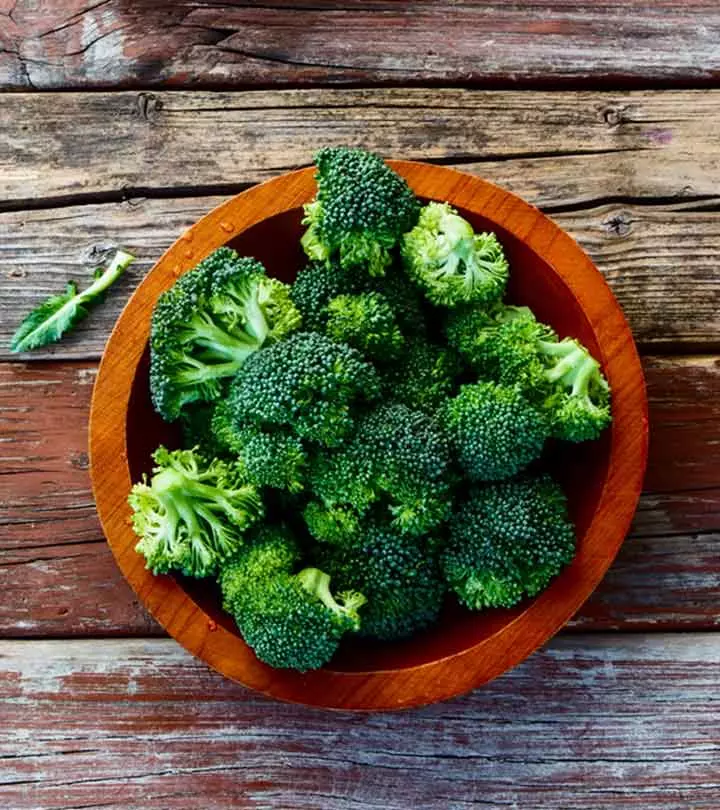
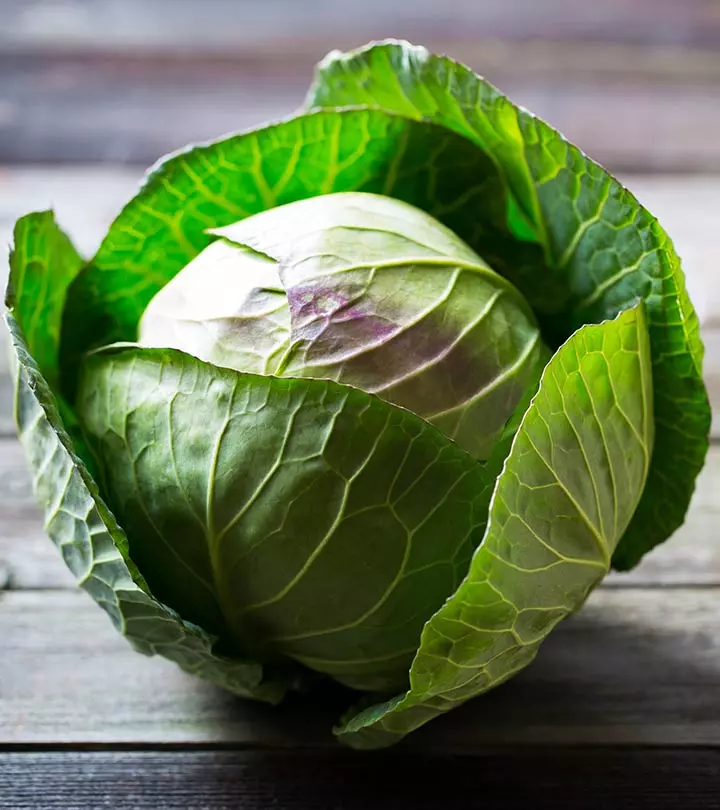
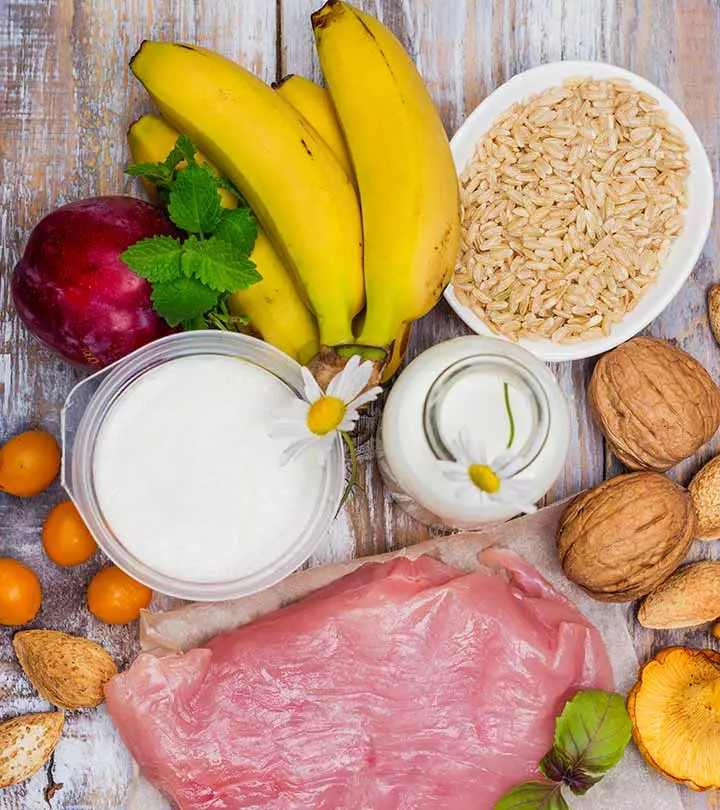
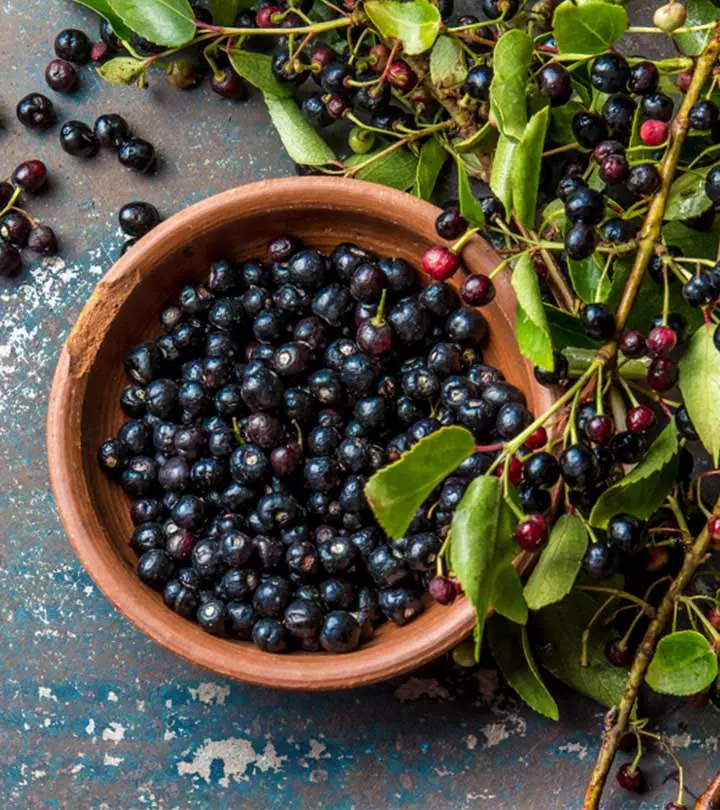

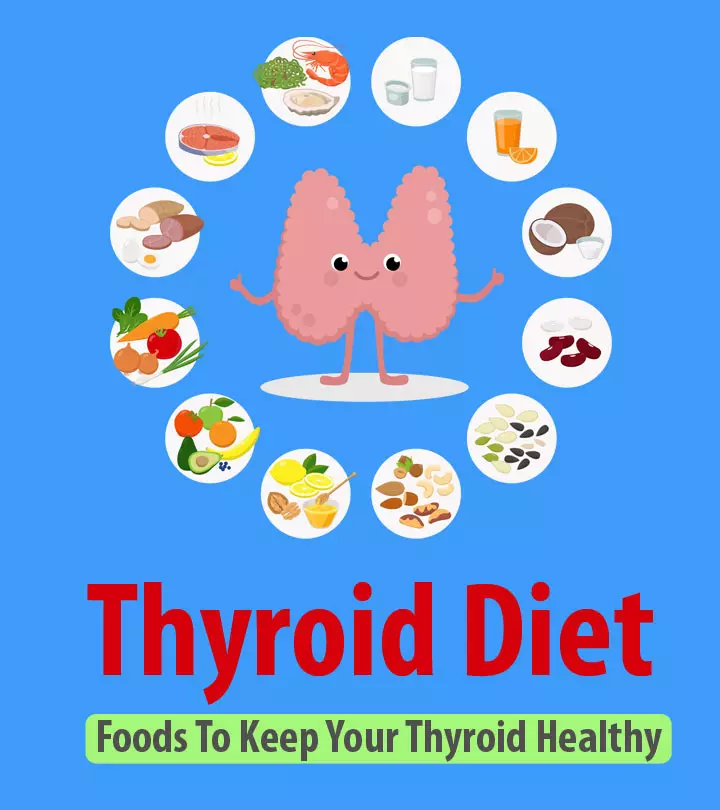
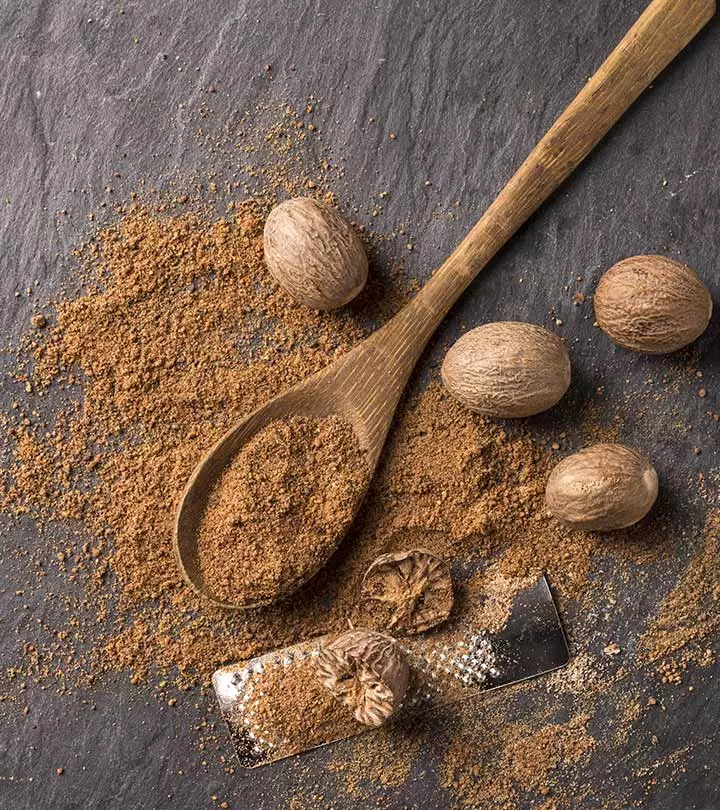
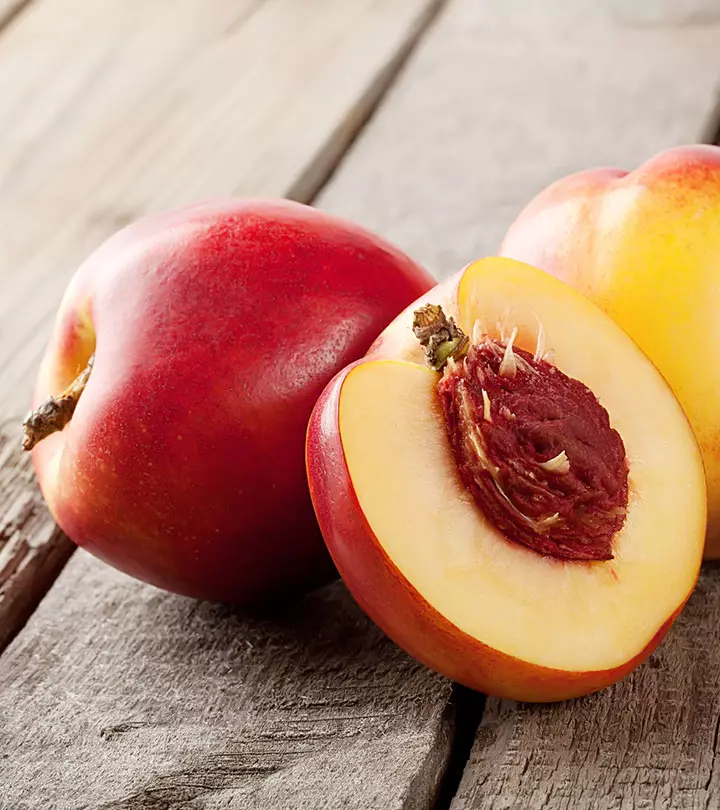

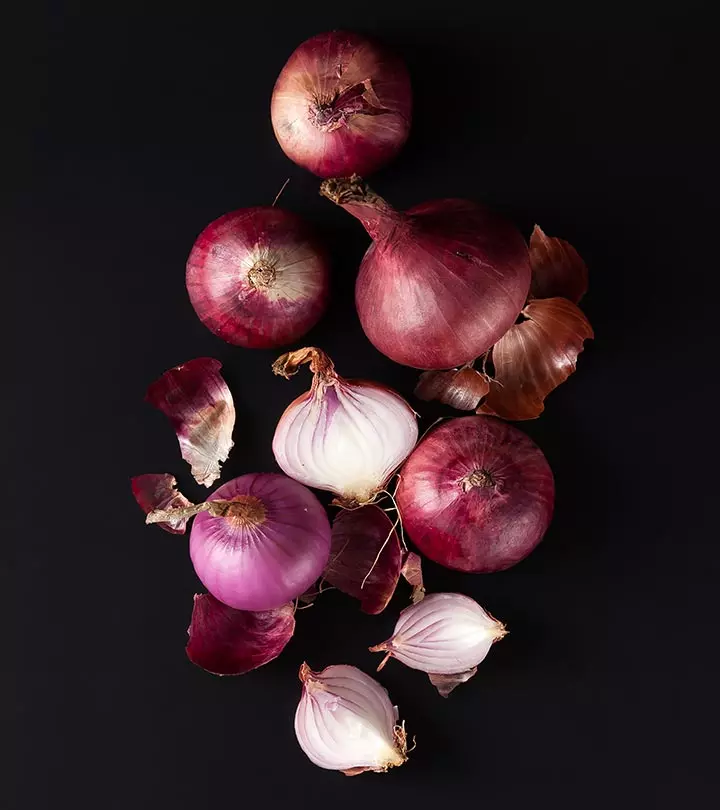
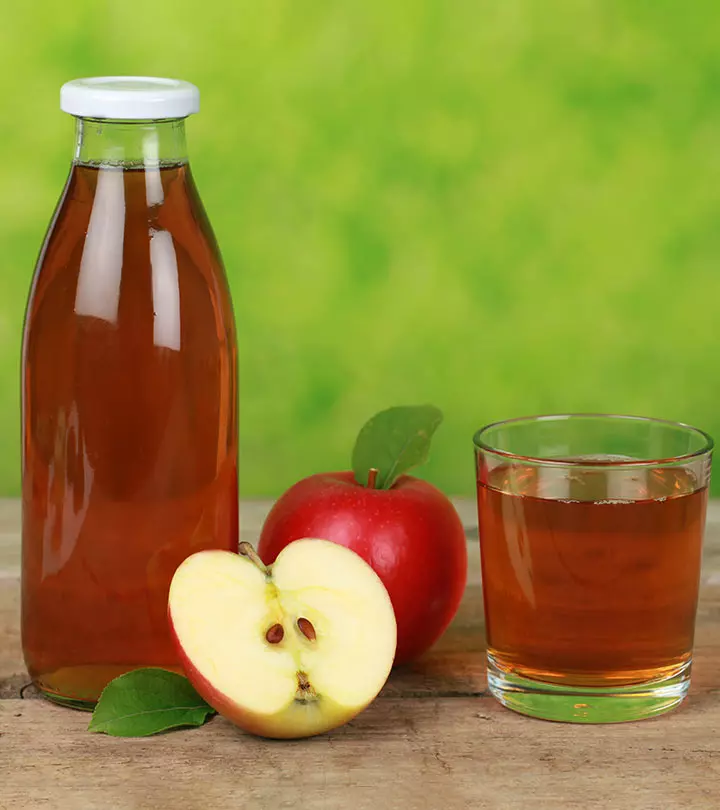
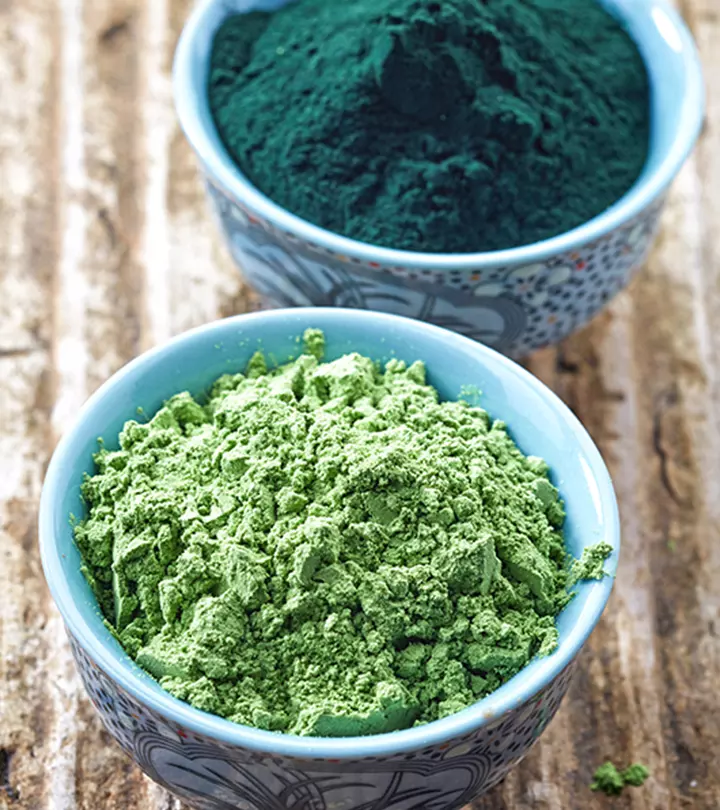



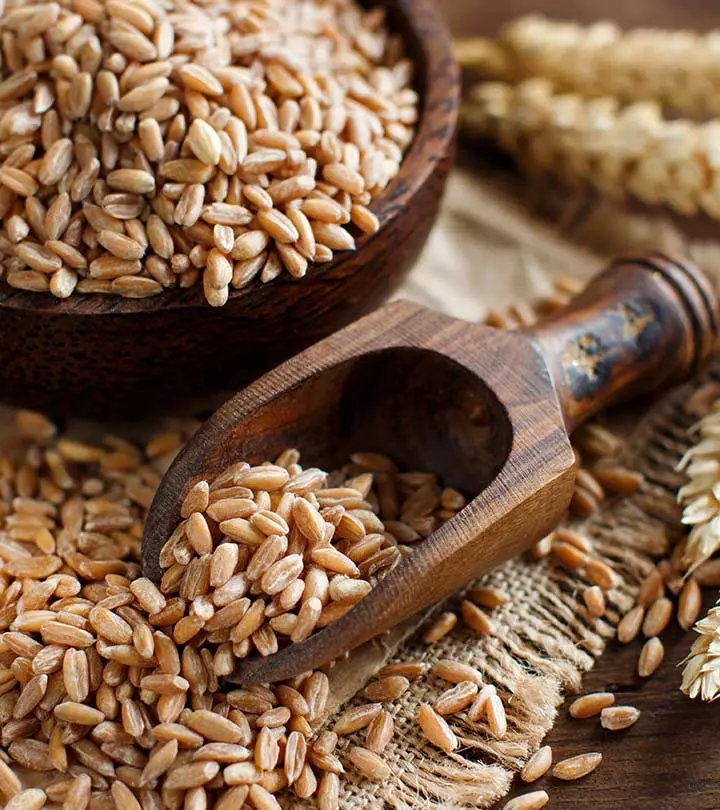

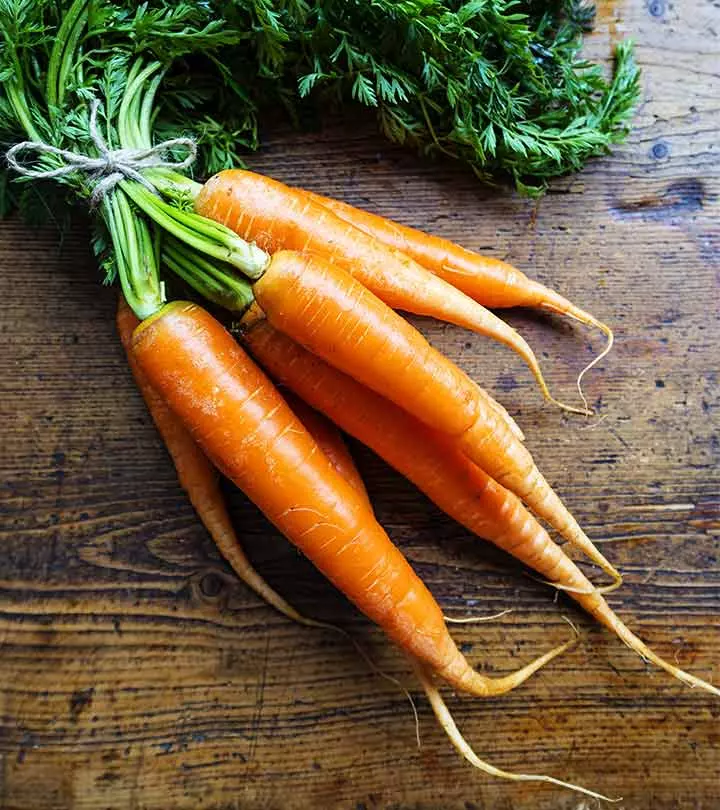
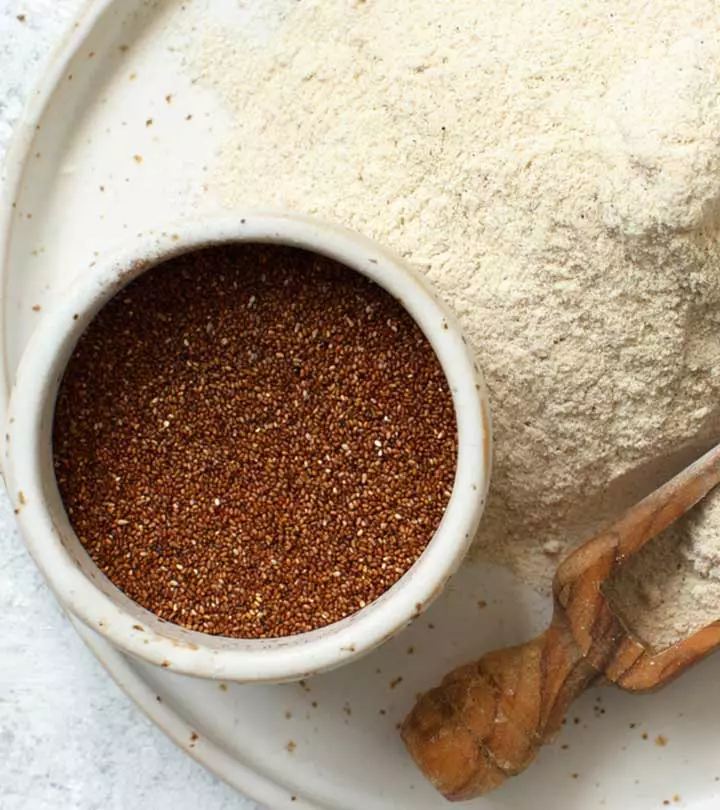


Community Experiences
Join the conversation and become a part of our empowering community! Share your stories, experiences, and insights to connect with other beauty, lifestyle, and health enthusiasts.